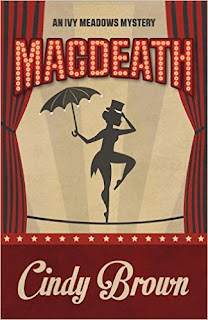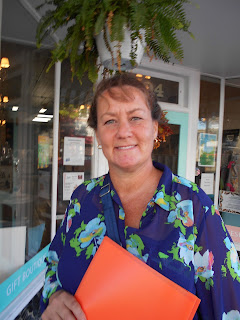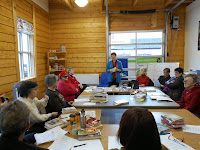The Gifts I Buy Myself

I buy myself presents all the time: they're called books. Sometimes they're Kindle books, although I'm often irritated by the inflated cost of books by big-name authors. If mid-list authors' books can be produced for six dollars or less, why can't everyone's? I know, supply and demand, but there isn't the cost in e-books that there is with print: no print cost, no warehousing, no shipping. But I digress. In addition to Kindle books, I also buy print books. Lots of them. No less than three, sometimes more, bookstores exist where the clerks smile when they see me coming. They know I'm buying. Sometimes my purchases result in entertainment for few hours, and that's great. People gripe about "affording" books, but where else do you get eight hours of entertainment for under thirty bucks? The best times are when my purchase results in absolute rapture. I got lucky last week with THE NIGHTINGALE on my Kindle, which was wonderful. On Thursda









